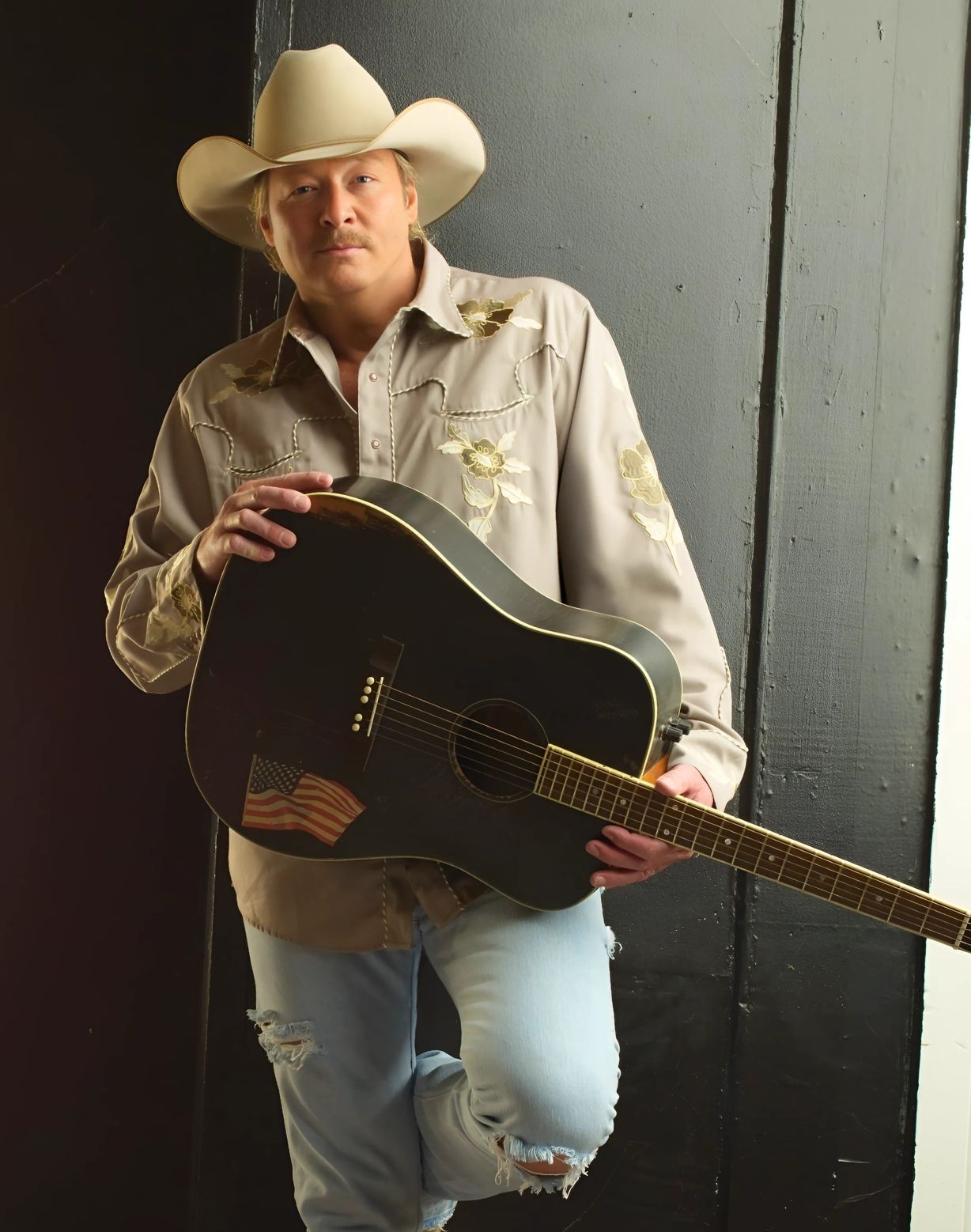
In the days following September 11, 2001, the United States stood silent—shocked, grieving, and searching for meaning. It was a moment that changed everything. And while many artists responded with fire and fury, one man stepped up with something gentler, something deeper. Alan Jackson, known for his Southern charm and storytelling grace, wrote “Where Were You (When the World Stopped Turning)” not as an anthem—but as a question, a prayer, and a humble reflection of a nation’s broken heart.
Debuted at the Country Music Association Awards on November 7, 2001, the song left the entire room in tears—and stunned silence. It wasn’t political. It wasn’t loud. It was honest.
“I’m just a singer of simple songs / I’m not a real political man…”
With those opening lines, Jackson positioned himself not as a preacher or pundit, but as one of us—a man trying to make sense of a world turned upside down. What followed was a series of deeply human questions: Where were you? Did you cry? Did you pray? Did you feel lost?
Written just weeks after the attacks, the song was reportedly penned in the early hours of the morning, as Jackson wrestled with his own emotions and how best to express them. The result was a ballad that transcended music—it became a mirror for the American soul.
Musically, it’s simple and understated—soft acoustic guitar, piano, steel guitar—allowing the lyrics to take center stage. And what lyrics they are: filled with imagery not of revenge, but of teachers, firefighters, mothers, preachers, and strangers holding hands. It reminded us that in the darkest moments, human connection and faith still flicker.
The song soared to No. 1 on the Billboard Hot Country Singles & Tracks chart and won multiple awards, including Song of the Year at the CMA and ACM Awards, as well as a Grammy for Best Country Song. But more than any accolade, it earned its place as one of the most important songs ever written in response to national tragedy.
“Where Were You” isn’t just a 9/11 song. It’s a reminder of how we come together, how we grieve, and how we hold on to grace in the face of fear. Alan Jackson didn’t tell us what to feel—he just told the truth.
And in doing so, he gave us a song that will never grow old. Only more necessary.